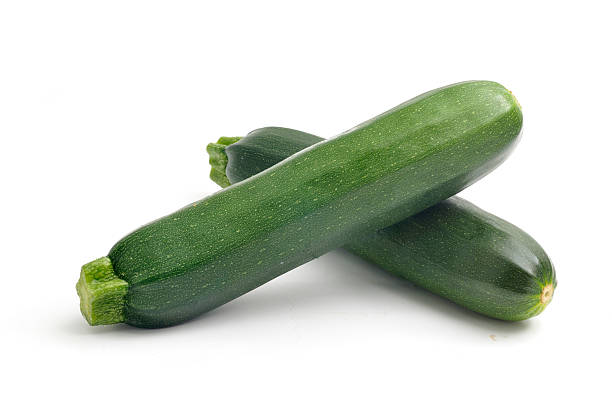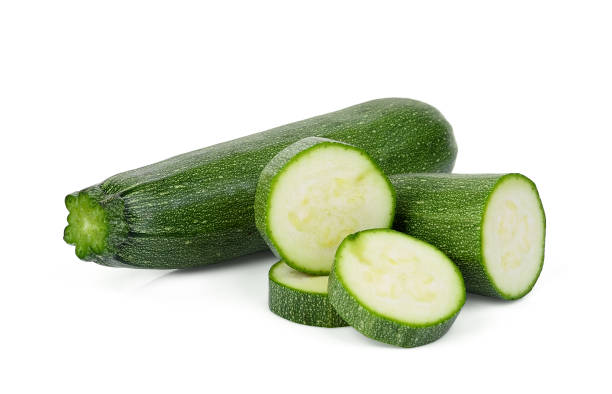Zucchini, also known as courgette, is a versatile and nutritious vegetable that is commonly used in a variety of dishes. One of the most frequently asked questions about zucchini is how many calories it contains. In this article, we will explore the calorie content of zucchini, as well as its nutritional benefits, ways to prepare it, and potential health concerns.
First, let’s take a look at the calorie content of zucchini. One cup of sliced, raw zucchini contains approximately 17 calories. This is significantly lower than other vegetables such as potatoes, which contain 130 calories in one cup, and sweet potatoes, which contain 112 calories in one cup. One medium-sized zucchini, which is approximately 7 inches long and 2 inches in diameter, contains approximately 33 calories. This makes zucchini an excellent choice for those looking to maintain a healthy diet and lose weight.
One medium-sized zucchini, measuring approximately 7 inches in length and 2 inches in diameter, contains approximately 31 calories. This is a relatively low calorie content, making zucchinis an excellent choice for those who are watching their calorie intake.
In addition to their low calorie content, zucchinis are also a great source of several important nutrients. For example, one medium-sized zucchini contains:
2 grams of protein
1 gram of fat
7 grams of carbohydrates
2 grams of dietary fiber
1 gram of sugar
35% of the daily recommended value of vitamin C
10% of the daily recommended value of vitamin A
2% of the daily recommended value of calcium
3% of the daily recommended value of iron
These nutrients make zucchinis an excellent choice for those looking to maintain a healthy, balanced diet. For example, the high amount of vitamin C in zucchinis can help boost the immune system, while the dietary fiber can help promote healthy digestion. Additionally, the low calorie and fat content of zucchinis makes them an excellent choice for those who are trying to lose weight or maintain a healthy weight.
Zucchinis are also relatively easy to incorporate into a variety of meals. They can be eaten raw as a snack, added to salads, or cooked in a variety of ways such as grilling, sautéing, or baking. They can also be used as a low-calorie alternative to pasta or rice in dishes such as zucchini noodles or zucchini rice.
In addition to its low calorie content, zucchini also offers a variety of nutritional benefits. It is a good source of vitamin C, vitamin A, and potassium. It also contains small amounts of vitamin B6, folate, and iron. Zucchini is also a good source of dietary fiber, which can help to promote regular bowel movements and lower cholesterol levels.
Zucchini can be prepared in a variety of ways, making it a versatile ingredient for any meal. It can be eaten raw in salads, sautéed as a side dish, grilled, or added to soups and stews. It can also be used as a replacement for pasta in dishes such as zucchini noodles, or as a base for pizzas and quiches.
It is also delicious as a breaded and fried dish, known as “zucchini sticks” but this preparation method should be avoided if you are trying to reduce calorie intake.
However, zucchini does have a couple of potential health concerns. As it is part of the cucurbitaceae family, which includes cucumbers and melons, it can potentially cause an allergic reaction in individuals who are sensitive to these types of foods. Additionally, zucchini contains small amounts of oxalates, which can contribute to the formation of kidney stones in some individuals.
In conclusion, zucchini is a low-calorie and nutritious vegetable that can be enjoyed in a variety of ways. It offers a range of nutritional benefits, including vitamins and minerals, and is a good source of dietary fiber. However, as with any food, it is important to be aware of any potential health concerns and to speak with a healthcare professional if you have any concerns.

 Home
Home Health
Health Diet & Nutrition
Diet & Nutrition Living Well
Living Well More
More












